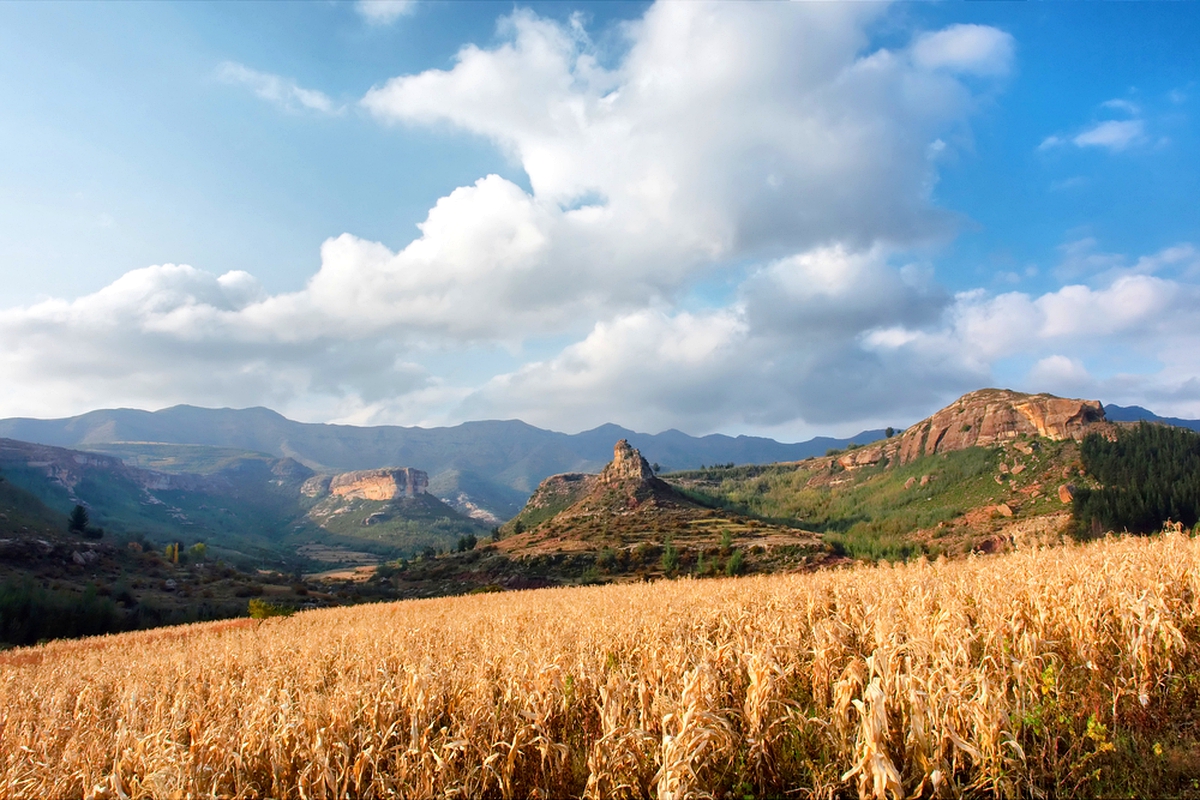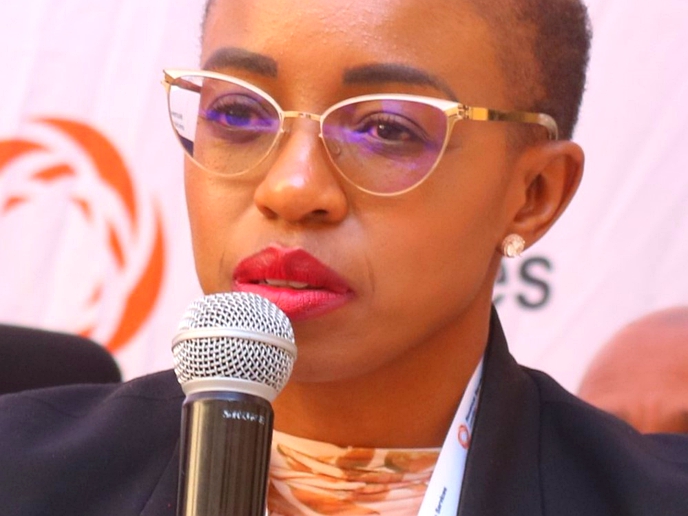PRIME Minister Samuel Matekane says Lesotho should start growing its own food rather than importing it from South Africa in order to combat its main challenge of hunger and poverty.
business
Feb. 13, 2024
LENA & PE REPORTERS
2 min read
Lesotho should produce own food – Matekane

Wheat field ready for harvesting
Story highlights
According to a recent report from the Ministry of Agriculture, Food Security, and Nutrition, Lesotho imports 70 percent of its food from South Africa, with the Premier saying the country’s inability to produce food for its people tarnishes its image.
Matekane made these comments last Thursday during a meeting he held with local block farmers in Maseru.
The one-day meeting was aimed at discussing food production and ways to share ideas on what the government, through the agriculture ministry, could do to promote food production, as well as to share achievements and challenges and map the way forward.
“We have the productive land to produce food; hence, failure to provide for ourselves makes Lesotho a beggar,” he said.
He added that in the 2023–2024 financial year, the government prioritised agriculture as it is the backbone of Lesotho’s economy, hence, the implementation of block and commercial farming.
He noted that the government subsidised farming inputs and provided a 30 percent subsidy for financing farm machinery, urging farmers to work jointly with the Ministry of Agriculture to, among other things, analyse subsidy policy, ensure farming inputs are bought on time, make plans together, and inform the ministry when things do not go well.
He further noted that when his government came into power, 222 719 hectors of land was cultivated, adding 55 hectors in 2023, making a total of 278 000 hectors.
The plan, Matekane said, is to cultivate a total of 360 000 hectares in the 2024/25 financial year.
Amongst other issues that were raised by farmers during discussions were the enactment of irrigation policy, the Ministry’s failure to implement plans and strategies, congestion at resource centres for the collection of farming inputs, and travel costs to collect them.
One of the farmers and former Minister of Agriculture and Food Security, Litšoane Litšoane, warned the ministry of companies that take advantage of the subsidies provided by the government but fail to sell quality seeds.
Enjoy our daily newsletter from today
Access exclusive newsletters, along with previews of new media releases.
“Seeds must come with a blue label to indicate that they are certified, not the white one,” he said.
He further advised the ministry to do research before farming to ensure crops are of good quality.
He said as the government will soon present budget estimates, the Minister of Agriculture should resume the procurement process for farming inputs immediately to avoid delay.
Meanwhile, the Ministry shared with farmers its objectives, achievements, challenges, and priorities during the meeting.
Reports indicate that 60,000 Basotho are experiencing hunger and poverty countrywide.
Tailored for you






